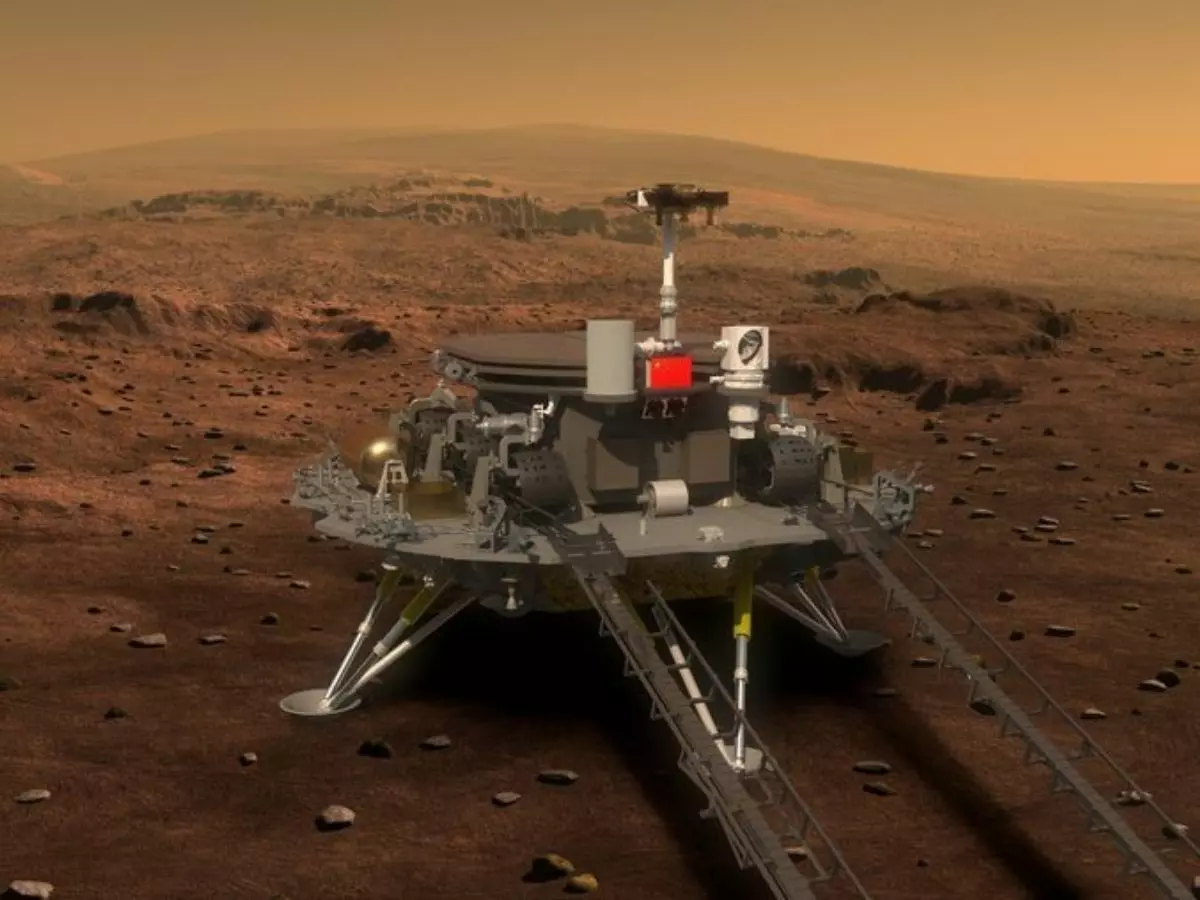After UAE, China's Tianwen-1 Arrives On Mars To Search For Water, Alien Life
A day after a UAEs spacecraft entered the orbit of Mars China has announced that its probe Tianwen-1 has also arrived on the red planet. The historic event marks Chinas first successful journey to a planet other than Earth. This is the second such spacecraft to have entered the boundaries of Mars this month with NASAs Perseverance rover set to arrive in a weeks time.

A day after a UAE's spacecraft entered the orbit of Mars, China has announced that its probe Tianwen-1 has also arrived on the red planet.
Launched last July, the spacecraft has successfully begun its orbit of Mars, state media reports.
 CNSA
CNSA
The historic event marks China's first successful journey to a planet other than Earth. This is the second such spacecraft to have entered the boundaries of the Earth's neighbour this month, with NASA's Perseverance rover set to arrive in a week's time.
China says that post successful entry, the Tianwen-1 spacecraft is preparing to explore its surface, as mentioned in a report by Independent. The Chinese probe consists of a combination of a rover and an orbiter.
At first, the orbiter will have precedence as the system will float around the red planet. In a few months, the rover will detach and be lowered down to the Martian surface. Once on the surface, it aims to find clues for water under the Martian surface and even look for signs of ancient alien life on the planet.
 Reuters
Reuters
China plans to make this attempt in May. The solar-powered 240kg rover is expected to operate for about three months once it is sent down to the surface. The Tianwen-1 orbiter, on the other hand, is expected to go on for the next two years.
Tianwen-1 took off from Earth last July, as did several other space agencies. The reason for this was the close alignment of Mars and Earth thus resulting in a relatively short transit between the two planets.
The engine on Tianwen-1 fired for 15 minutes in a braking maneuver, slowing it considerably as the probe entered Martian gravity in an elliptical orbit. The system now orbits the red planet before it will eventually aim to reach the surface.
